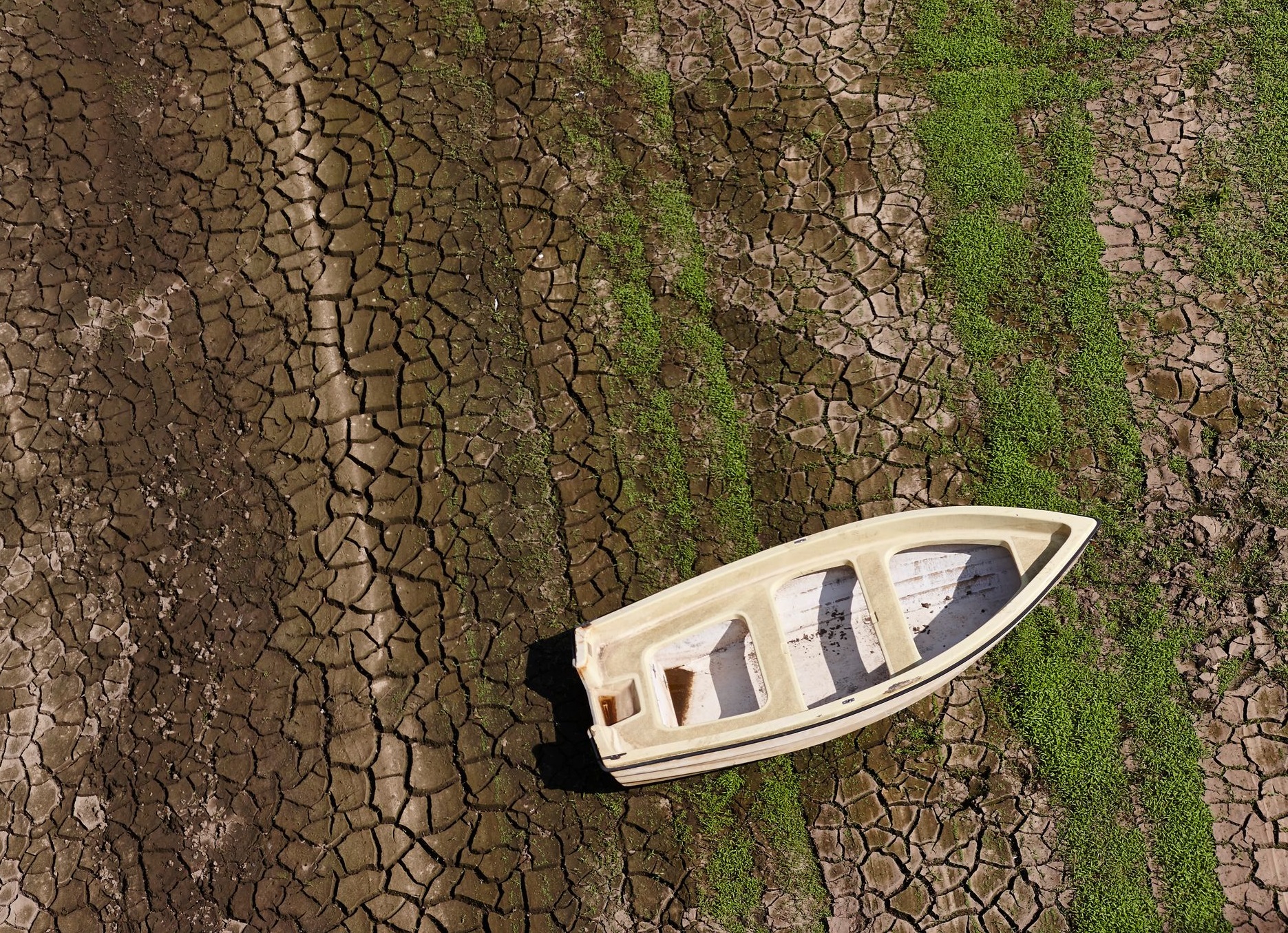Wet-getting-wetter, Dry-getting drier: Water scarcity around the world

Water scarcity is a global problem affecting millions of people around the world, but scalable solutions including conservation, infrastructure investment, and membrane-filtration innovation have potential to make a big difference for the future of water.
Americans love talking about the weather, and personal experiences with unseasonably dry and wet periods seem to be appearing more and more in conversations over the last decade. The data shows that this increasing pattern of wet-getting-wetter and dry-getting-drier is not just in our imagination. Climate change and growing human population are affecting the water cycle, resulting in a global water crisis. One way or another, nearly every country on Earth is affected by water scarcity.
Droughts and Floods
While droughts and floods might seem to be opposites they both lead to the same outcome-the likely displacement of 700 million people by freshwater scarcity by 2030 (1). Droughts cause freshwater resources such as aquifers, reservoirs, and rivers to dwindle or disappear completely. For example, a severe drought in Cape Town, South Africa forced the government to ration potable water supplies to 15 gallons per person per day. Americans use an average of 100 gallons of water per day (2). In Mexico City, low precipitation and increasing water use is draining groundwater resources below the city. As the aquifer volume shrinks, the city sinks into the ground. The current sinking rate of about 9 inches per year, exacerbates the problem by causing damage in homes, pipes, and city infrastructure which leads to more leaks and water waste (1). Floods on the other hand, also cause damage to city infrastructure and can lead to contamination of previously secure freshwater resources. When Hurricane Katrina hit the US Gulf Coast in 2005, more than 1,200 drinking water systems and more than 200 wastewater treatment facilities across three states were affected or destroyed (3). In addition to physical damage from floodwaters, heavy storms cause power outages that can cause wastewater back-ups or overflow and lead to serious public health concerns.
Changing course
Fortunately, there are several ways that countries are currently addressing global water scarcity and new technologies for freshwater production and repurposing are in development. Here are three things that can help alleviate water scarcity and keep the problem from advancing further around the globe.
- Conservation is one of the easiest ways that people can reduce water waste every day. Students from 10 schools across 6 continents worked together to compile this list of 100 Ways to Conserve Water.
- Investing in infrastructure. Researchers estimate that in the United States alone, 2.1 trillion gallons of water are lost each year because of outdated infrastructure (4). Beyond water waste, antiquated pipe systems threaten public health such as the lead contamination of drinking water in Flint, Michigan.
- Innovative membrane filtration technology. Membrane-based technologies support research and implementation of new solutions to reduce water scarcity. For example, spiral wound thin-film composite (TFC) - polyamide (PA) membranes are currently employed in desalination plants, accounting for 70% of desalination capacity. Sterlitech offers both forward osmosis and reverse osmosis membranes for water treatment applications.
References
- Day Zero. Arcgis Story Maps. Retrieved from https://storymaps.arcgis.com/stories/1c0740d6bbf3402b8a3dca6ced4698e6
- From Not Enough to Too Much, the World’s Water Crisis Explained. National Geographic. Retrieved from https://www.nationalgeographic.com/science/article/world-water-day-water-crisis-explained
- Water and Wastewater Systems are Still At-Rist 10 Years After Katrina. Natural Resources Defense Council. Retrieved from https://www.nrdc.org/experts/ben-chou/water-and-wastewater-systems-are-still-risk-10-years-after-katrina
- As Infrastructure Crumbles, Trillions of Gallons of Water Lost. NPR. Retrieved from https://www.npr.org/2014/10/29/359875321/as-infrastructure-crumbles-trillions-of-gallons-of-water-lost?t=1651566644840.
- Most Viewed Blog Articles (5)
- Company News (284)
- Emerging Technologies (64)
- Microbiology and Life Science News (93)
- Water and Fluid Separation News (97)
- Filtration Resources (93)
- Product News (19)

![Join Sterlitech at BIO 2024 [Booth #5558]: Exploring the Future of Biotechnology](https://www.sterlitech.com/media/blog/cache/300x200/magefan_blog/b4.jpeg)




